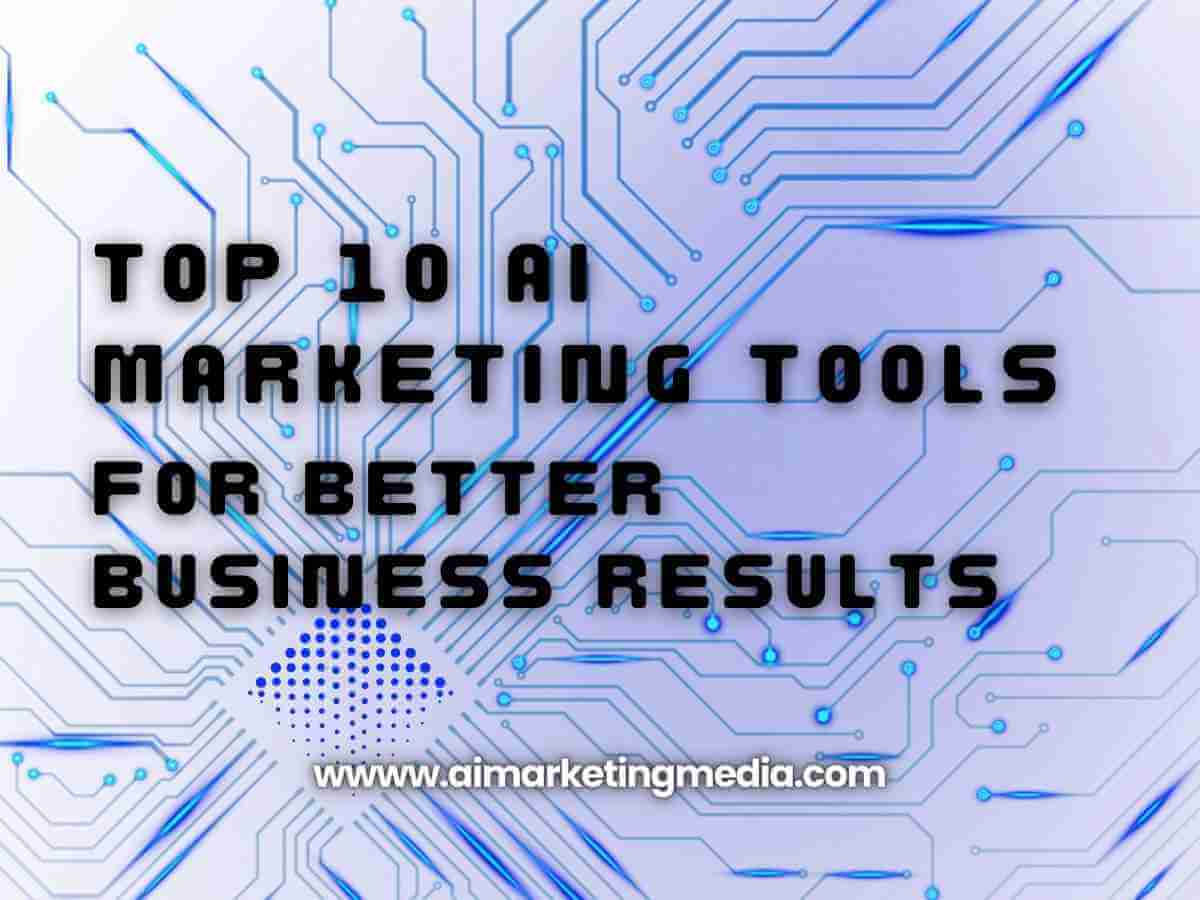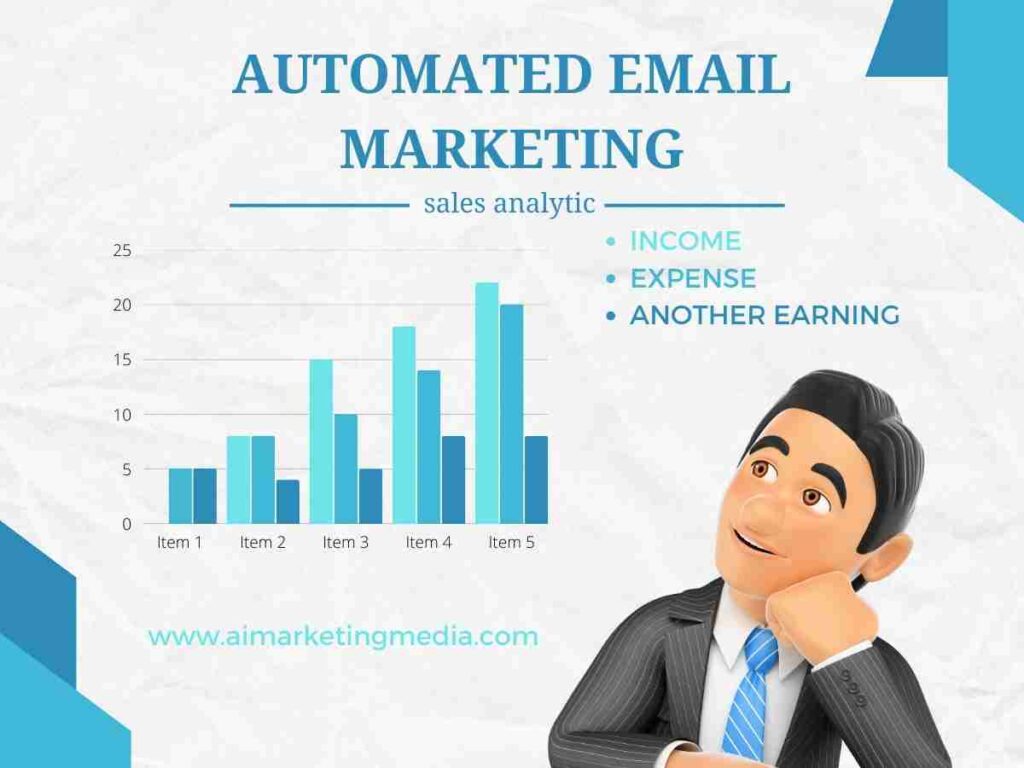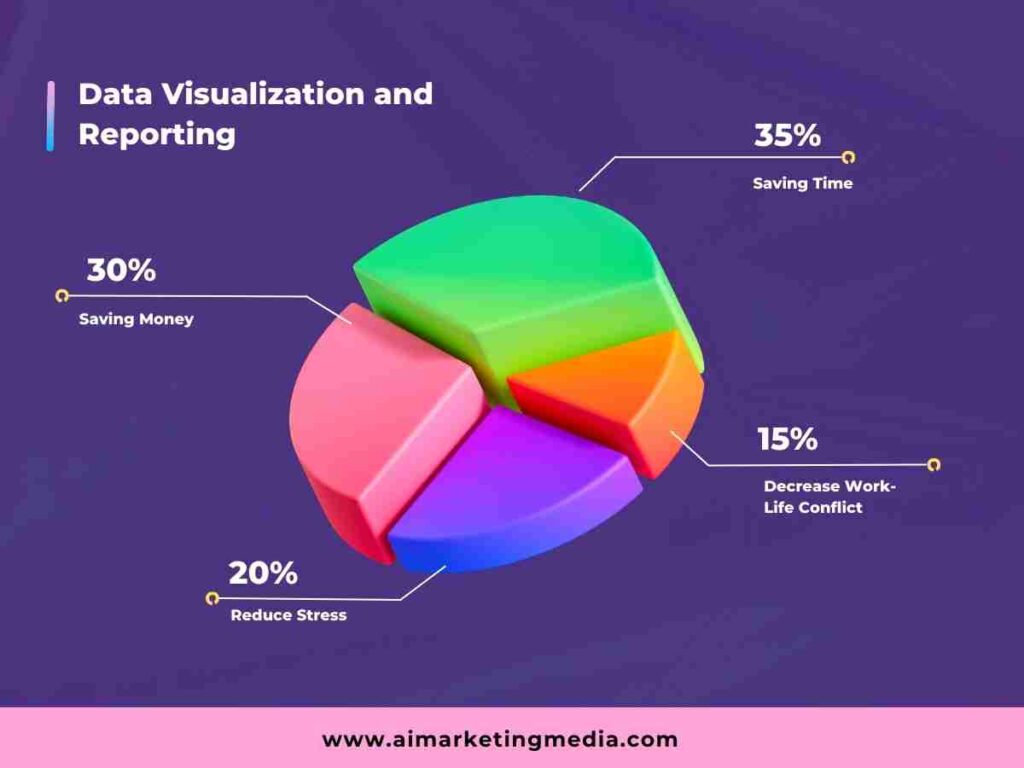Physical Address
India

The following article discusses the top 10 AI marketing tools that can significantly enhance business outcomes. By leveraging these powerful tools, businesses can stay ahead of the competition and achieve better results in their marketing efforts.
In today’s digital landscape, businesses need to harness the power of Artificial Intelligence (AI) to stay competitive and achieve better results. AI marketing tools have emerged as indispensable assets, empowering organizations to optimize their marketing strategies, streamline processes, and deliver personalized experiences to customers. In this article, we will explore the top 10 AI marketing tools that can revolutionize your business and drive superior outcomes.
Effective customer segmentation is vital for targeted marketing campaigns. AI-powered tools enable businesses to analyze vast amounts of customer data and identify key segments with precision. By understanding customer preferences and behavior patterns, businesses can tailor their marketing messages, offers, and content to resonate with specific audience segments, ultimately improving conversion rates and customer satisfaction.
Live Example:
An e-commerce company uses AI algorithms to analyze customer data and segment their audience based on demographics, purchasing behavior, and preferences. This enables them to create personalized marketing campaigns targeting specific customer segments, resulting in higher conversion rates and customer satisfaction.
Predictive analytics leverages AI algorithms to forecast future trends and outcomes based on historical data. By analyzing vast datasets, businesses can uncover valuable insights and make data-driven decisions. These tools help optimize marketing campaigns by predicting customer behavior, identifying high-value leads, and enabling proactive marketing strategies that yield better business results.
Live example:
A retail chain utilizes predictive analytics to analyze historical sales data and forecast future trends. By identifying patterns and predicting customer demand, they can optimize inventory management, plan promotional offers, and anticipate market fluctuations, leading to improved business results.
Chatbots and virtual assistants have become essential tools for providing instant customer support and enhancing user experiences. These AI-powered tools utilize natural language processing and machine learning techniques to interact with customers, answer queries, and provide personalized recommendations. By automating customer interactions, businesses can improve response times, enhance customer satisfaction, and free up valuable resources.
Live example:
A customer support department implements chatbots on their website to provide instant assistance to customers. The chatbots use natural language processing to understand customer inquiries and provide relevant answers or solutions. This reduces response times and allows the support team to focus on more complex issues, enhancing overall customer experience.
AI-powered content creation tools assist businesses in generating high-quality, engaging content at scale. These tools employ natural language processing and machine learning algorithms to analyze existing content, identify patterns, and generate compelling copy. Additionally, AI can optimize content by suggesting relevant keywords, improving readability, and enhancing SEO performance, resulting in higher search rankings and increased organic traffic.
Live example:
A digital marketing agency uses AI-powered content creation tools to generate blog posts and social media content. These tools analyze existing content, identify popular topics, and suggest optimized headlines and keywords. By leveraging AI, the agency can produce engaging and SEO-friendly content that attracts more organic traffic and improves search rankings.
Personalization is key to delivering exceptional customer experiences. AI-driven personalization engines enable businesses to tailor marketing messages, offers, and recommendations to individual customers. By leveraging customer data, behavioral insights, and machine learning algorithms, these tools can deliver highly relevant content, product recommendations, and offers that resonate with each customer’s unique preferences and needs.
Live example:
An online retailer implements a personalization engine on their website. The engine analyzes customer browsing behavior, purchase history, and preferences to deliver personalized product recommendations and tailored marketing messages. This enhances the customer experience, increases conversions, and fosters customer loyalty.
In the era of social media, understanding customer sentiment and monitoring brand perception is crucial. AI-powered social media listening and sentiment analysis tools help businesses track mentions, analyze customer feedback, and identify emerging trends in real time. By gaining insights into customer sentiment, businesses can adapt their marketing strategies, identify potential issues, and engage with customers more effectively, fostering brand loyalty and advocacy.
Live example:
A global brand monitors social media platforms to understand customer sentiment and track brand mentions. They use AI-powered tools to analyze customer feedback, identify trends, and address potential issues in real time. This allows the brand to engage with customers effectively, mitigate negative sentiment, and build a positive brand reputation.

Email marketing remains a powerful channel for customer engagement and lead nurturing. AI-driven tools can automate various aspects of email marketing, including personalized content creation, optimizing send times, and segmenting audiences. By leveraging AI, businesses can enhance the effectiveness of their email campaigns, deliver targeted messages, and drive higher open and conversion rates.
Live example:
An e-commerce company employs AI-driven email marketing tools to automate personalized email campaigns. The tools analyze customer data, segment the audience, and send targeted emails with customized product recommendations and offers. This improves open rates, and click-through rates, and ultimately drives more conversions and revenue.
Programmatic advertising powered by AI enables businesses to optimize ad placements, target specific audience segments, and deliver personalized ads in real-time. By leveraging machine learning algorithms, these tools can analyze customer data, optimize bidding strategies, and identify the most effective ad placements, resulting in higher ad performance, improved ROI, and increased brand visibility.
Live example:
An advertising agency leverages programmatic advertising platforms to optimize ad placements across various digital channels. The AI-powered tools analyze user behavior, demographics, and real-time data to deliver personalized ads to the most relevant audience segments. This improves ad performance, increases brand visibility, and maximizes return on ad spend (ROAS).
With the rise of voice assistants and smart speakers, optimizing for
voice search has become crucial. AI marketing tools can help businesses optimize their content and websites to be voice-search-friendly. By leveraging natural language processing and voice recognition technologies, businesses can enhance their search rankings and capture valuable voice-based traffic, driving better business results.
Live example:
A local restaurant optimizes its website for voice search by incorporating conversational keywords and phrases. They ensure that their website content answers common voice search queries related to their cuisine and location. This helps them capture voice-based traffic from voice assistants like Siri or Google Assistant, attracting more customers and driving footfall.

AI-powered data visualization and reporting tools enable businesses to transform complex data sets into intuitive and actionable insights. These tools use advanced algorithms to analyze data, generate interactive visualizations, and provide comprehensive reports. By presenting data in a visually appealing and easily digestible format, businesses can make informed decisions, identify trends, and optimize marketing strategies for improved outcomes.
Live example:
A marketing team utilizes AI-powered data visualization tools to analyze campaign performance across multiple channels. The tools transform complex data into interactive charts and graphs, enabling the team to identify trends, optimize marketing strategies, and present comprehensive reports to stakeholders for data-driven decision-making.
In today’s fast-paced digital landscape, leveraging AI marketing tools can give your business a competitive edge and deliver better results. From customer segmentation and predictive analytics to personalized experiences and automated marketing campaigns, these tools empower businesses to optimize their marketing efforts, improve customer engagement, and drive growth. By incorporating the top 10 AI marketing tools mentioned in this article, you can position your business for success and stay ahead of the competition in today’s AI-driven marketing landscape.
AI marketing tools are software applications that leverage artificial intelligence technologies to enhance marketing strategies and drive better business results. These tools can benefit your business by automating tasks, improving customer targeting and personalization, optimizing campaigns, and providing valuable insights for data-driven decision-making.
AI-powered customer segmentation tools analyze vast amounts of customer data to identify distinct segments based on demographics, behavior, preferences, and other factors. By understanding customer segments more accurately, businesses can create targeted marketing campaigns, deliver personalized messages and offers, and increase the likelihood of converting leads into customers.
Predictive analytics utilizes AI algorithms to analyze historical data and forecast future trends. In marketing, it helps businesses make data-driven decisions by predicting customer behavior, identifying high-value leads, optimizing advertising spend, and refining marketing strategies to achieve better results.
Chatbots and virtual assistants powered by AI can provide instant customer support and improve user experiences. They can answer customer inquiries, provide personalized recommendations, assist with transactions, and handle routine tasks efficiently, reducing response times, increasing customer satisfaction, and freeing up human support agents to focus on more complex issues.
AI-powered content creation and optimization tools can generate high-quality, engaging content at scale. They analyze existing content, identify patterns, and suggest optimized headlines, keywords, and content structures. These tools help businesses improve their search engine rankings, attract more organic traffic, and deliver relevant and valuable content to their target audience.
Personalization engines utilize AI algorithms to analyze customer data and deliver customized marketing messages, product recommendations, and offers. By understanding individual customer preferences and behaviors, businesses can create highly relevant and personalized experiences, leading to increased engagement, conversions, and customer loyalty.
AI-powered social media listening and sentiment analysis tools monitor brand mentions, track customer sentiment, and identify emerging trends in real-time. By analyzing customer feedback and conversations on social media platforms, businesses can gain valuable insights into customer preferences, sentiment towards their brand, and market trends. These insights can inform marketing strategies, reputation management, and customer engagement efforts.
Automated email marketing powered by AI enables businesses to send personalized and targeted emails at scale. AI algorithms analyze customer data to segment audiences, create personalized content, optimize send times, and track customer engagement. This results in higher open rates, click-through rates, and conversions by delivering relevant and timely emails to recipients.
Programmatic advertising powered by AI automates ad buying, placement, and optimization processes. It uses real-time data, machine learning, and AI algorithms to target specific audience segments, optimize bidding strategies, and deliver personalized ads across various digital channels. This improves ad performance, increases ROI, and maximizes the impact of advertising campaigns.
AI tools can help businesses optimize their websites for voice search by analyzing voice search patterns and incorporating conversational keywords and phrases in their content. By aligning website content with voice search queries, businesses can improve their visibility in voice search results, attract voice-based traffic, and enhance the overall user experience.
AI-powered data visualization and reporting tools transform complex data into intuitive and interactive visualizations. They provide comprehensive insights, identify trends, and help marketers make data-driven decisions. By visualizing data effectively, businesses can communicate insights more clearly, identify areas for improvement, and optimize marketing strategies for better results.
AI marketing tools are suitable for businesses of all sizes. While large enterprises may have more resources to invest in AI technology, there are also AI marketing tools available that cater to the needs and budgets of small and medium-sized businesses. The key is to assess the specific requirements and choose the tools that align with the business goals and resources.
AI marketing tools are designed to enhance and complement human marketers’ efforts, not replace them. AI tools can automate repetitive tasks, analyze vast amounts of data, and provide valuable insights. However, human marketers bring creativity, strategic thinking, and domain expertise that AI cannot replicate. The most successful approach is a collaboration between AI and human marketers, leveraging the strengths of both to achieve optimal results.
To ensure the ethical use of AI in marketing, businesses should adhere to data privacy regulations, be transparent about data collection and usage, and obtain user consent. They should also regularly monitor AI algorithms to prevent bias and discrimination, ensure fairness, and regularly assess the impact of AI-driven marketing strategies on users and society.
There are numerous success stories of businesses that have achieved better results through AI marketing tools. For example, a retail company increased its conversions by 30% by leveraging AI-powered personalization engines. An e-commerce business improved its email marketing performance by implementing AI-driven automated campaigns, resulting in a 50% increase in revenue. These success stories demonstrate the effectiveness of AI marketing tools in driving better business outcomes.
